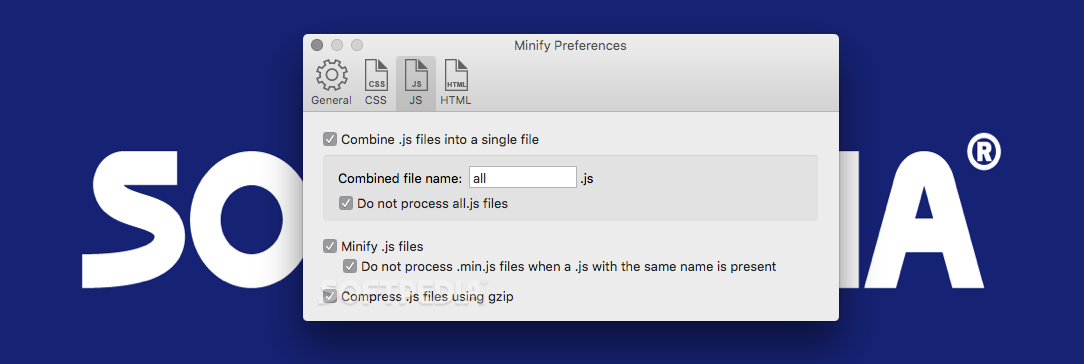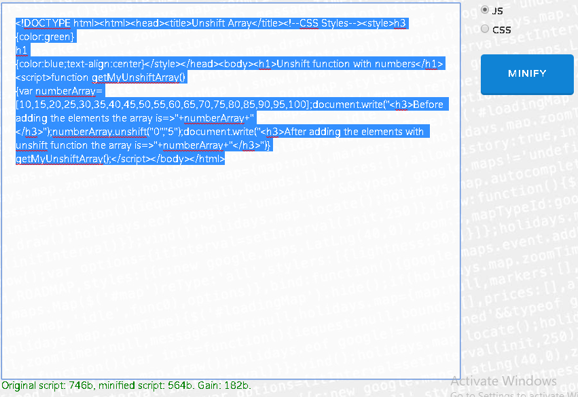
It supports both reading and writing MHTML files by toggling the "vivaldi://flags/#save-page-as-mhtml" option. Similarly to Google Chrome, the Chromium-based Vivaldi browser can save webpages as MHTML files since the 2.3 release. MHTML can be enabled by typing "opera://flags#save-page-as-mhtml" at the address bar.Ĭreating MHTML files in Google Chrome is enabled by default in version 86.Ĭreating MHTML (multipart/related) files in Yandex Browser is enabled by default in version 22.7.4.960 (July 2022). The initial release of the new Webkit/Blink-based Opera (Opera 15) did not support MHTML, but subsequent releases (Opera 16 onwards) do. From Opera 9.50 through the rest of the Presto-based Opera product line (currently at Opera 12.16 as of 19 July 2013), the default format for saving pages is MHTML. Support for saving web pages as MHTML files was made available in the Opera 9.0 web browser. Due to this, a web page saved as an MHTML file using one browser may render differently on another.Īs of version 5.0, IE was the first browser to support reading and saving web pages and external resources to a single MHTML file.Īs of switching to the Chromium source code, Edge supports saving as MHTML. Some browsers support the MHTML format, either directly or through third-party extensions, but the process for saving a web page along with its resources as an MHTML file is not standardized.

The first part of the file is an e-mail header. The content of an MHTML file is encoded using the same techniques that were first developed for HTML email messages, using the MIME content type multipart/related.

#MINIFY ONLINE ARCHIVE#
MHTML, an initialism of " MIME encapsulation of aggregate HTML documents", is a Web archive file format used to combine, in a single computer file, the HTML code and its companion resources (such as images) that are represented by external hyperlinks in the web page's HTML code. Multipart/related application/x-mimearchive


 0 kommentar(er)
0 kommentar(er)
